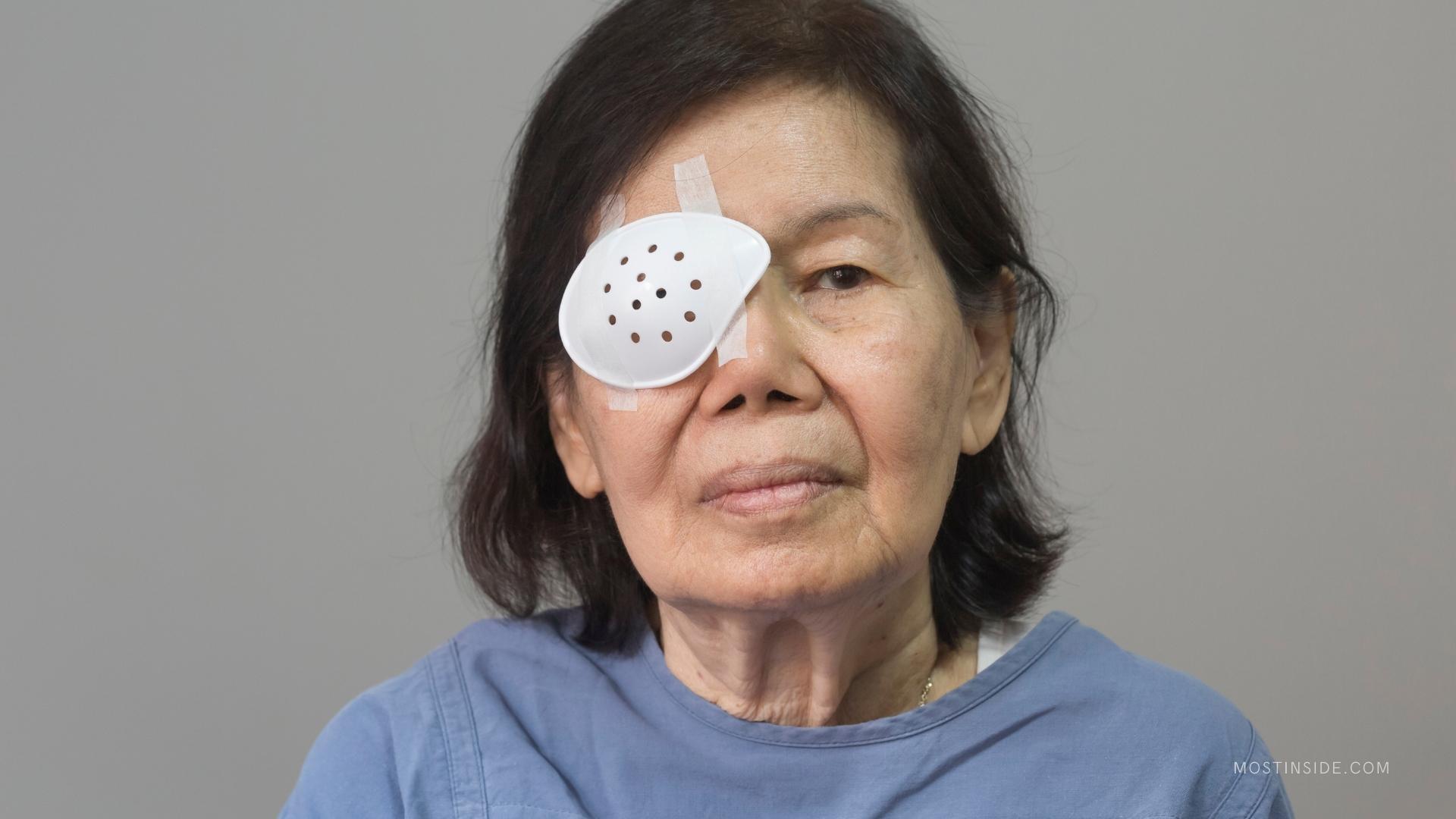The lens in your eye is made up of mostly water and protein. Over time, the protein can gather together and cloud a small area of the lens. This cloudy area is called a cataract.

Most cataracts grow slowly over time and don’t affect vision early on. But as they get denser, they make it harder to see clearly. If your vision gets worse because of cataracts, you might need cataract surgery in Melbourne to remove the lens and replace it with an artificial lens. The surgery is called phacoemulsification, or “phaco.” Cataracts are a common eye condition that can be removed with surgery. But what are cataracts, how serious is it and what should you know before your surgery? Here are five things to know about cataracts.
1. There are two types of cataracts
Cataracts occur when the lens of the eye becomes cloudy. As a result, vision becomes blurred and colors appear dulled. Cataracts can develop at any age, but they are most common in adults over 60 years old. In fact, according to the National Eye Institute (NEI), more than half of all Americans have cataracts or have had cataract surgery by age 80.
There are two types of cataracts: age-related and secondary. Age-related cataracts occur with increasing age, while secondary cataracts can be caused by other medical conditions, such as diabetes, trauma or steroid use, or after exposure to radiation or some toxic substances.
A third type of cataract, congenital cataracts, occurs at birth or in early childhood and is present from the moment of birth as a result of a genetic mutation that affects the development of the lens in utero.
2. They’re not cancer
They’re not cancerous and don’t spread from one eye to the other or to other parts of the body, but some cataract surgeries result in the formation of tumors on the eye’s surface (more on that below).
3. Surgery is usually necessary

Cataract surgery is a procedure to remove the cloudy lens and replace it with an artificial one. It’s usually recommended when cataracts start interfering with your daily life by making it hard to do things like drive, read or see TV clearly.
4. You won’t see right away after surgery
After cataract surgery, you’ll be given an eyepatch and told not to rub or press on your eye for a week or two while it heals. It may take weeks or months before your vision stabilizes after surgery.
5. Cataracts can get worse if left untreated
Cataracts tend to grow slowly, and sometimes people don’t realize their vision has changed until it’s too late for corrective surgery. In fact, about 10 percent of people in their 70s have cataracts that are serious enough to require surgery.
Some eye doctors can remove your cataract in an outpatient setting, but others might need to perform the procedure in a hospital or surgery center. Ask your eye doctor where he or she will perform the procedure.